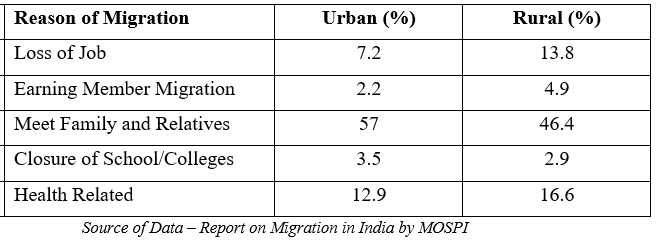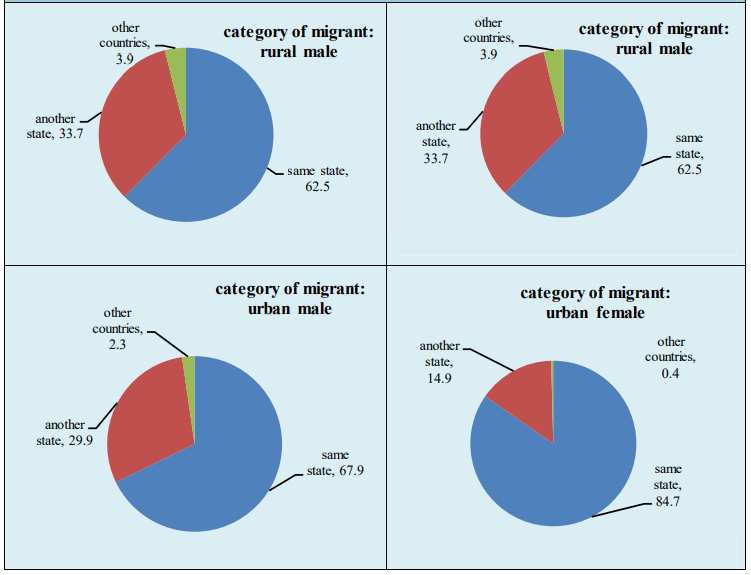
Is India the most populous country in the world? The country may have surpassed China for the honour if some of the most trusted sources are to be believed. The United Nations says India became the most populous nation last month with a headcount of more than 142 crore. Other sources like the World Bank and the Central Intelligence Agency (CIA) endorse this claim. But can one be sure of this estimate? It’s difficult to conclude as India did not conduct the decennial census which was supposed to take place in 2021.
The process on which the United Nations Population Division based its estimate is an algorithm-based one. The actual number may be vastly different. It is possible that India’s actual census figures may be lower than the data provided by the UNPD. It is also likely that India’s population may still be less than China’s. However, a conclusion can only be arrived at on the basis of census data.
India has been conducting a census every 10 years since 1881, but could not conduct this elaborate exercise in 2021 because of the Covid-19 pandemic. Apart from the inability of the nation to produce a trustworthy population figure, there are also other serious consequences of not conducting this exercise. There is also a need to understand why conducting the census is essential.
In India, the census is conducted under the Census Act of 1948 and is included in the Seventh Schedule of the Central List. The problem is that the Act does not specify that the census should be conducted every 10 years. The first census since Independence was conducted in 1951. It is not that the government did not prepare for the census in 2021, but due to the COVID-19 pandemic, it had to be postponed. Another reason is that the government had decided to conduct the 2021 census using digital data which offered its own challenges. Later, the government decided to use the traditional method to conduct the census.
READ I Foreign exchange reserves: Impact on global trade, financial stability
Importance of Census data
A periodic census is key to ensuring economic data quality as it provides a comprehensive and accurate count of the population. This number is crucial in calculating economic indicators ranging from the GDP, unemployment, and poverty levels. Without a census, the government and businesses would have to rely on estimates which can be inaccurate and unreliable.
Without accurate figures, it is virtually impossible for the government to formulate policies targeted at different sections of the society, and to ensure that the benefits of government programmes reach the target groups. Demographic indicators such as the total population, the ratio of men to women, the share of elderly people, the proportion of children, and the number of people dependent on government schemes in each state, city, and village can make governance easier.
Census is useful in multiple ways to multiple stakeholders other than the government. From a macroeconomic perspective, there are several advantages of having reliable census data.
Information on demography: Census gives information on the demography of country which is a vital and useful in many ways. Various surveys like education survey, agriculture survey, and health survey are based on census data.
Evidence-based decision making: Data collected through census helps in planning, execution and monitoring of policies and schemes by the government and other bodies such as NGOs, cooperatives, private enterprises and individual scholars and researchers.
Coherent policy making: Census data is useful for grassroot administrators for effective planning and implementation of policies and schemes in their respective regions. It helps in proper targeting of government schemes intended to benefit the neediest sections of the society.
Allocation of grants: State governments receive financial grants from finance commission based on population figures of the state.
Employment schemes: Census data provides a clear picture on the need of government intervention for employment generation in the country. The regional imbalances in terms of employment can be targeted if proper and accurate data is available.
The census will also provide information on migrant labourers in the country. Currently, the government does not have accurate data on migrant labourers. During the Covid-19 pandemic, we witnessed millions of labourers returning to their villages from cities.
Why do people migrate?

Distribution of migrants from same state, other states or countries (%)

The ministry of statistics and programme implementation (MOSPI) conducted a survey, Migration in India 2020-21, between July 2020 and June 2021. The government is dependent on such surveys in the absence of more reliable information.
Timely census will offer periodic data that is more accurate and reliable than the figures provided by the United Nations. Currently, we assume that India has become the most populous country. We do not have our own credible figures obtained through the census to concur or reject such estimates. While the Union government is not in favour of a caste-based census, some state governments have kicked off work on caste-based census.
The delay in conducting the census is a major setback for India. It will make it difficult for the government to make informed decisions on a wide range of issues. It will also dent the government’s efforts to reduce inequality in the society. The delay is a missed opportunity to collect valuable periodic data on the distribution of the population by age, sex, caste, and other parameters. It is important for the government to take steps to mitigate the adverse consequences of the data vacuum.
(Dr Prashant Pareek is Assistant Professor at Shanti Business School, Ahmedabad, Gujarat. Dr Neha Sharma is Director, Shanti Business School.)
